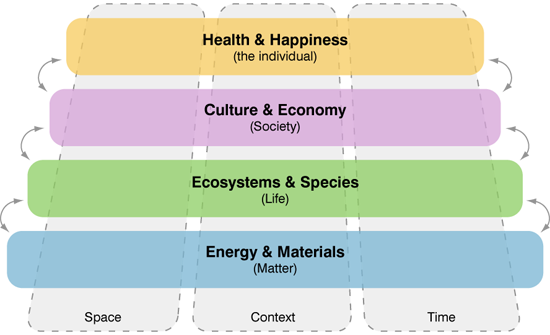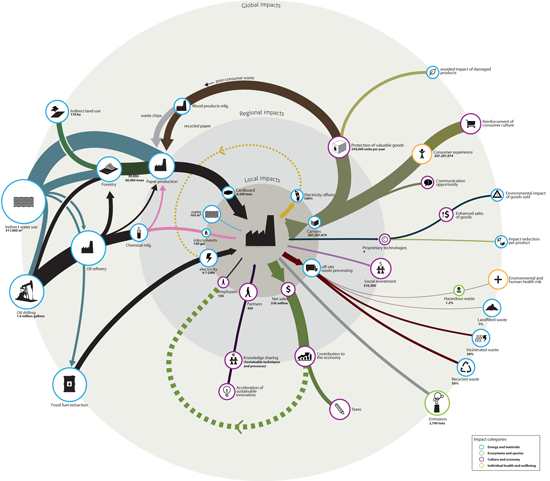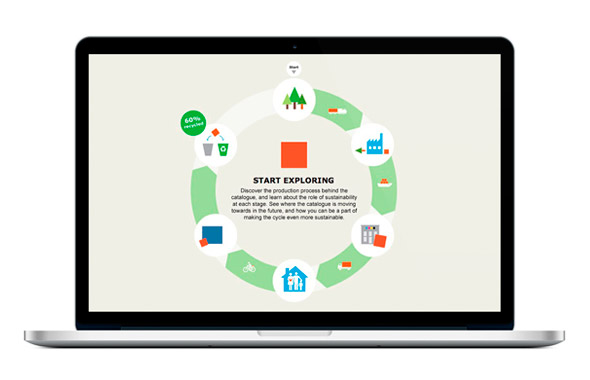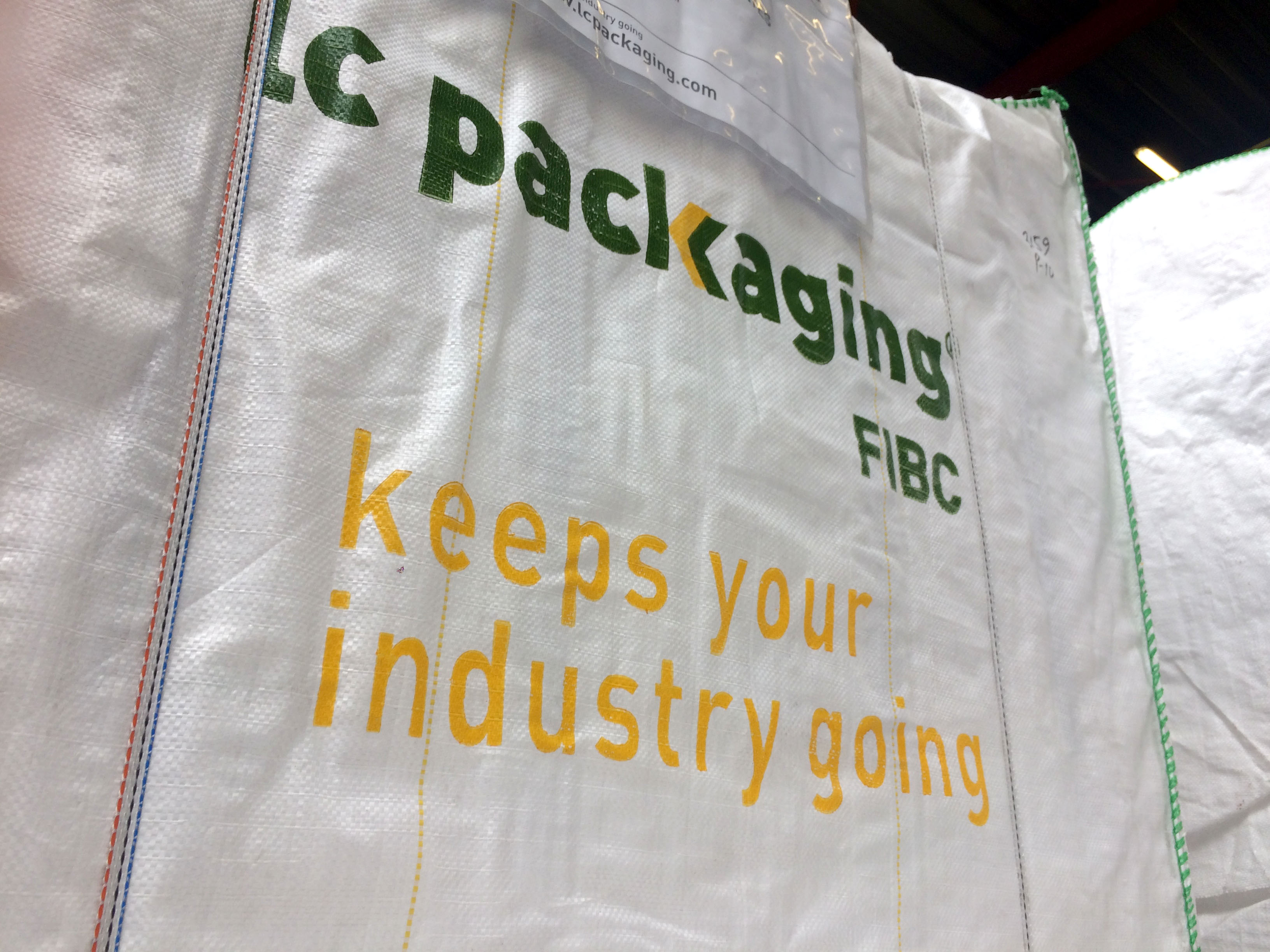
Integrale Quickscan voor Duurzaamheid (IQs)
Service > Verhoog uw Duurzaamheids-IQ
The Integrated Quickscan for Sustainability (IQS) provides complete strategic insight into your company’s performance in a single scan.
This enables you to attract the best clients and employees, respond quickly to changes in the market, optimize the use of energy, materials, and water, develop a long term sustainability strategy, and achieve a variety of cost savings.
The IQS is one of the world’s most comprehensive sustainability scans for medium and small businesses, yet it’s affordable and gives intuitive insight into potential pathways to improvements.
Why a sustainability scan?
As a business owner, you know that sustainability is important. Supply chain partners are starting to ask about your sustainability credentials. Customers are increasingly demanding “green” products and services.
You also know that understanding sustainability can be complicated, time-consuming, and expensive. Which standards do you comply with?
Improving sustainability performance can mean saving money, minimizing risks, improving brand value and reputation, getting access to capital earmarked for sustainability, and better employee recruitment, just to name some of the benefits. We developed the IQS so that you can do just that, and more, effectively.
Communication and Certification
The IQS identifies key risk factors and areas for both short- and long-term improvement.
In addition to serving as an internal communication and tracking tool, the quickscan results can be used to apply for certain third-party certifications and ecolabels.
All data is collected in compliance with current international measurement standards.
Complete coverage
The scan is designed around Except’s ELSIA categorization system to ensure coverage of all major categories relevant to sustainable operations (see below).
The various scan modules can be completed to different degrees of depth, depending on the size of the company and the amount of time available for the process.

The diagram above shows the SiD ELSIA categorisation system.
Insightful results
The IQS delivers a graphic representation of the company – a system map – that shows the company’s major inputs, outputs, impacts, and performance on a number of indicators.

This graphic is delivered together with a short (12-16) page report further detailing the company’s performance and areas for improvement.
All performance is assessed against a theoretical “ideal state” of net-zero-impact / net-positive-impact. The company can track its movement towards this ideal state using its own initial baseline.
Example Projects

IKEA Catalogue Story of Print

Natural Capital is Business

No Time To Waste (2018)
Contact
Tim Horsten
CSR Consultant / Ingenieur
 +31 10 7370215
+31 10 7370215
Related Services

Duurzaamheids Strategie Advies

Maatschappelijk Verantwoord Ondernemen (MVO)

Impact Analyse & Duurzaamheidsrapportage

Sustainable Estates

